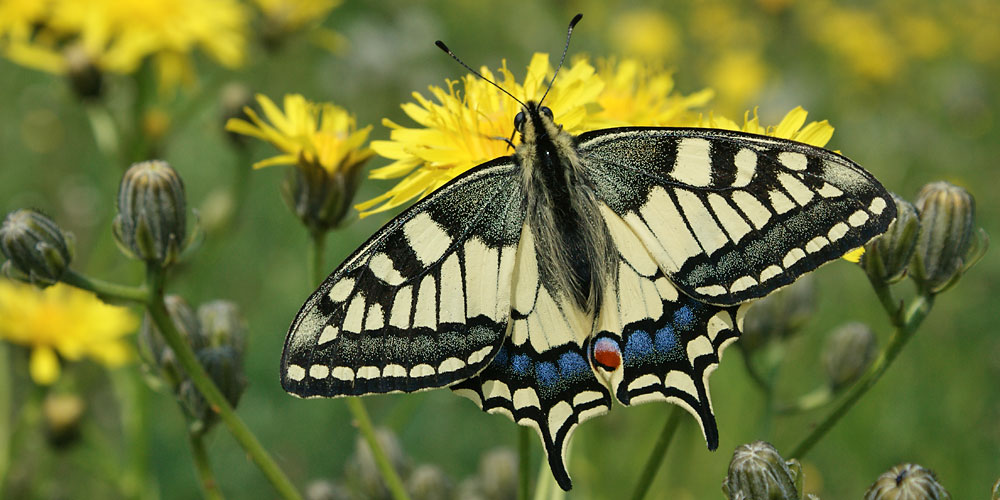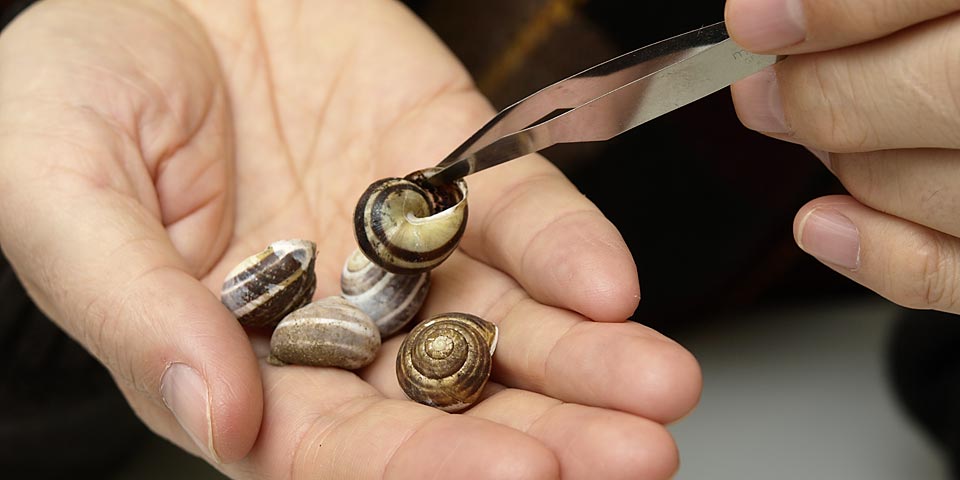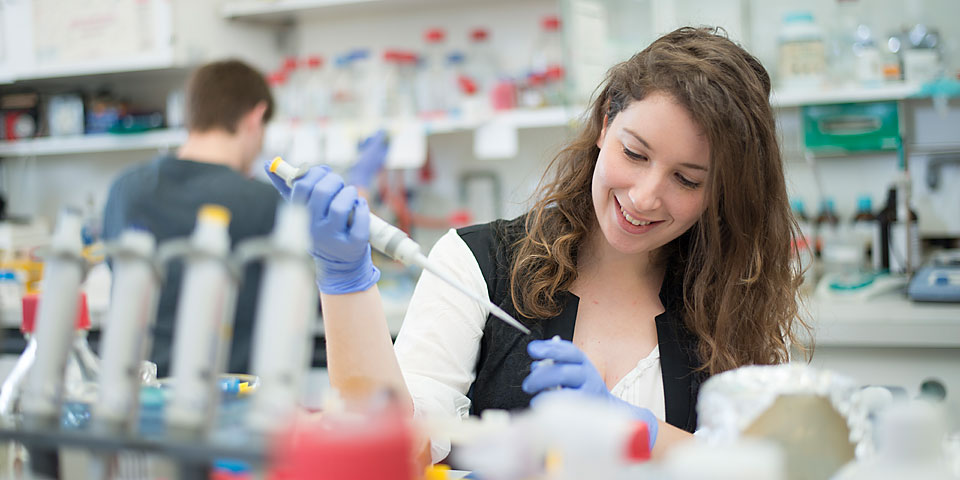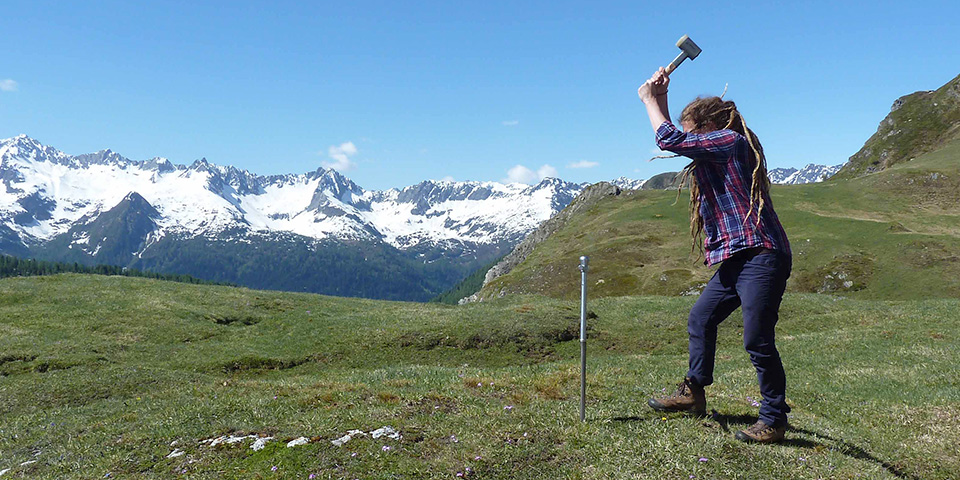Plant Science Degree: Master

Overview
- Type
- Course of studies
- Degree
- Master
- Start of program
- Fall and spring semester
- Structure
- 1 course of studies with subject
- Duration of study
- 3 Semester
- Credits
- 90
- Language
- English
- Responsible faculty
- Philosophisch-Naturwissenschaftliche Fakultät
Requirements
Information on admission:
www.unibas.ch/admission
Dates & Deadlines
Within the Basel life science program, the Department of Environmental Sciences offers a comprehensive 1.5 year Master's course in Plant Science for graduates with a background in biology (B Sc in biology or equivalent). The cornerstone of this course is an individual research project in one of the areas of plant science of about one year duration. The project ends with a written Master's thesis. The practical part is complemented by lectures, seminars, and excursions. The course builds upon the strength of the Department in the areas of physiological plant ecology, plant-microbe interactions, ecosystem sciences and sustainable land use. The program benefits greatly from the leadership of the Zurich-Basel Plant Science Center, a network integrating more than 600 scientists interested in plant science.
Related Links and Downloads
Research Findings and Scientific Developments
Are you interested in current scientific developments and research findings in this field? On the research websites, you will find numerous publications by researchers from the University of Basel. This resource offers valuable insights and helps you get to know a subject area better–both as an orientation aid and as an accompanying source of information during your studies.
Discover publications and research areas now:
Department of Environmental Sciences
UNIverse Research Portal of the UNIversity of Basel (unibas.ch)
https://duw.unibas.ch/




